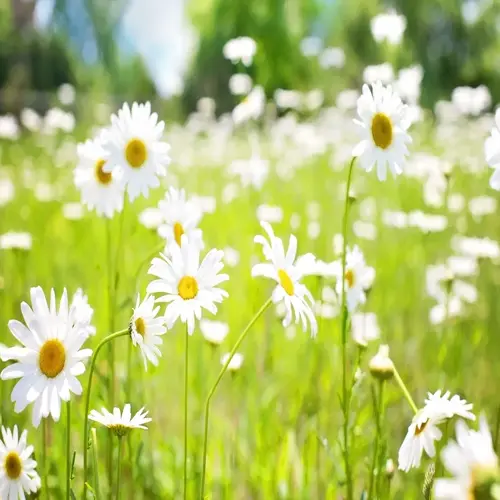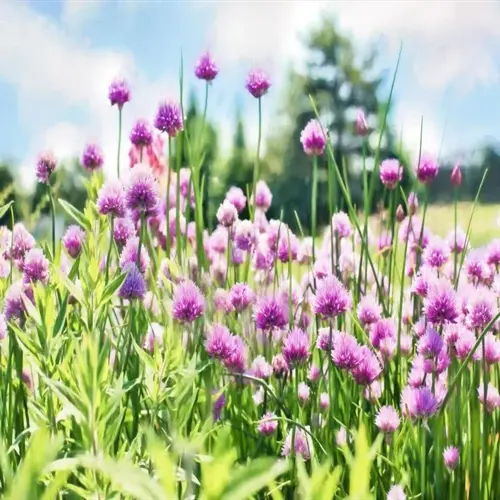Are all parts of the dill plant edible?

Written by
Tina Carter
Reviewed by
Prof. Martin Thorne, Ph.D.Dill has many edible parts beyond its frilly leaves, which are widely known to cooks. The entire above-ground plant has culinary use from stems to flowers and seeds. Avoid only the roots and overly woody stems when the plant is mature. I also enjoy using the whole plant in my kitchen during the growing season, leaning into its fresh herbal flavor.
Leaves (Dill Weed)
- Finely chop for salads dressings and fish dishes
- Peak flavor when harvested before flowering
- Loses potency when cooked longer than 5 minutes
Seeds
- Whole seeds flavor pickling brines perfectly
- Ground seeds enhance breads and stews
- Harvest timing when seed heads turn papery brown
Flowers
- Bright yellow blooms infuse vinegar beautifully
- Edible garnish for soups and salads
- Mild flavor compared to leaves
Stems
- Tender stems flavor stocks and soups
- Remove before serving after simmering
- Avoid woody stems thicker than a pencil
For the best flavor and texture, it's best to harvest each plant part at its optimal maturity. Harvest leaves before their flowers bloom, when essential oils are concentrated. Harvest seeds when the seed heads are completely dried on the plant. Harvest flowers when they show yellow blooms. Harvest only tender, leafy stems from young plants for the best quality.
Be sure to avoid eating roots, since they can contain soil bacteria. Also, discard any stems thicker than a pencil, since they will be woody and fibrous. Rinse all parts thoroughly, especially flowers that capture insects... I always do a vinegar-water rinse for the best clean before eating.
Properly preserve consumable portions for continued use throughout the years. Freeze the cut leaves in oil ice cubes, & dry the seeds in paper bags, and infuse the flowers in vinegar or vodka. Dehydrate the delicate stems to use as a seasoning for soups. Always label containers with dates for tracking fresh use.
Read the full article: How to Grow Dill Successfully

